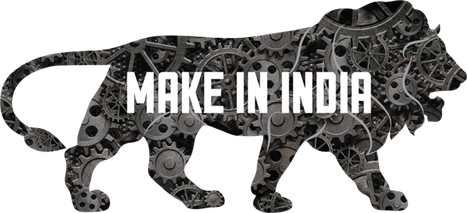
Products
Cement OPC Grade
Ordinary Portland cement (OPC) is manufactured by grinding together OPC Clinker (95–97%) along with gypsum (3–5%). OPC is graded according to their compressive strength. The grade indicates the minimum compression strength (MPa or N/mm2) that the cement will attain after 28 days of setting.OPC Grade 43
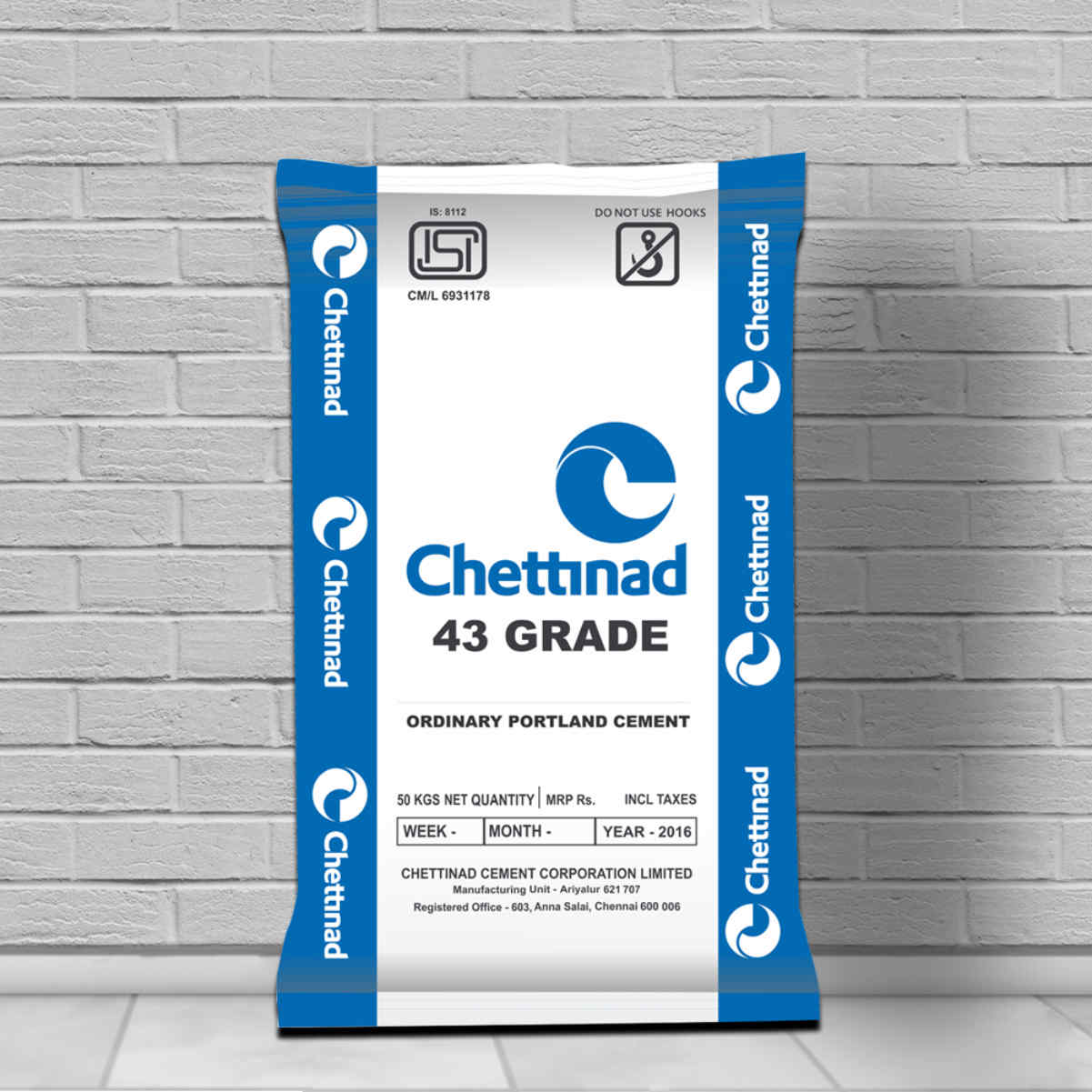
OPC 43 grade cement is a cheaper choice over OPC 53 grade cement. OPC 43 grade cement also has fine grinding of clinkers but comparatively less than OPC 53. This causes it to have a slower gain in strength and also the comparative lack of magnesium by a difference of -0.01% also affects the heat of hydration performance.
OPC 43 grade cement is generally used for
+ General Civil Engineering construction work.
+ RCC works(preferably where grade of concrete is up to M-30).
+ Precast items such as blocks, tiles, pipes etc.
+ Asbestos products such as sheets and pipes.
+ Non-structural works such as plastering & flooring.
Brands Available
Chettinad, JSW, Ultra-Tech, Chettinad (Anjani)
Get your Quote Now
OPC Grade 53
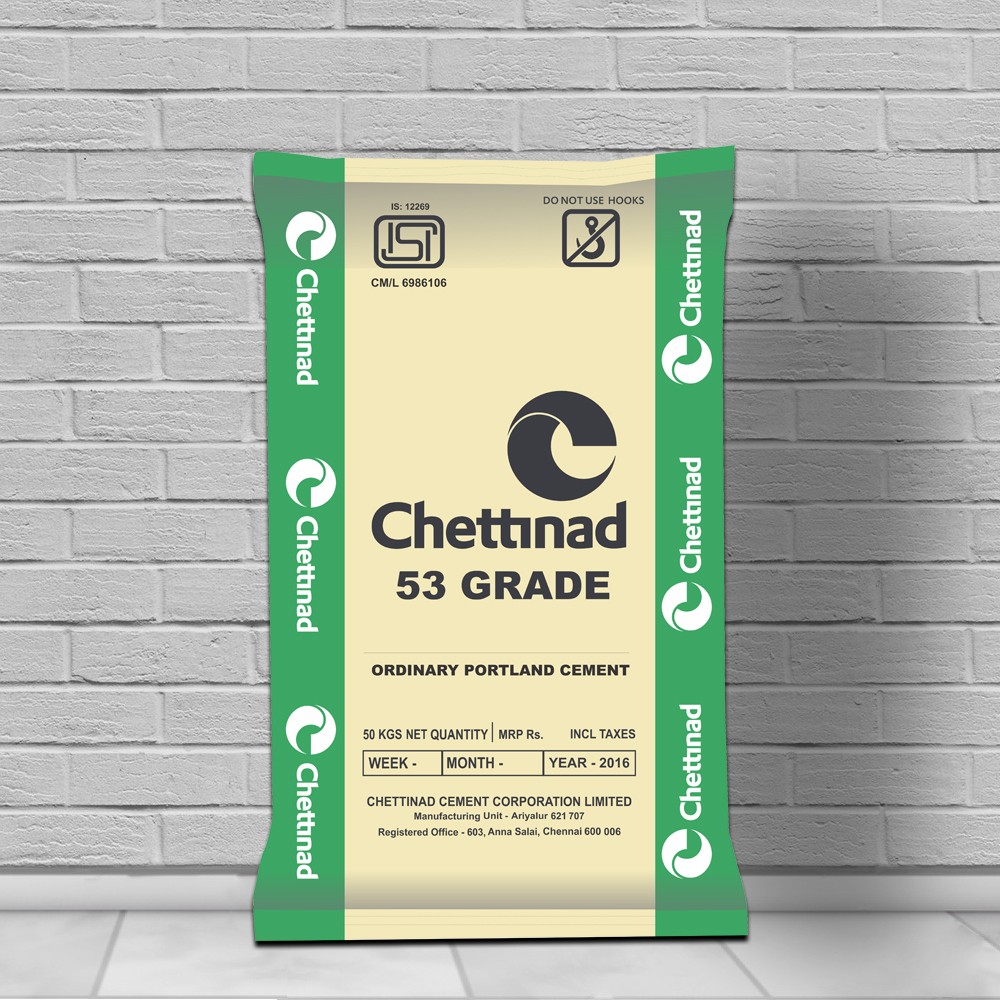
OPC 53 grade cement is the most preferred building and construction material for projects that require high tensile strength. This cement grade is finer than grade 43. The fineness generates early gain in strength, but along with high heat of hydration.
OPC 53 grade cement is used in the projects which require higher strength like
+ RCC works(Preferably where grade of concrete is M-25 and above)
+ Precast concrete items such as paving blocks, tiles building blocks etc.
+ Pre-stressed concrete components
+ Runways, concrete Roads.
+ Construction Bridges.
Brands Available
Chettinad, JSW, Ultra-Tech, Chettinad (Anjani)
Get your Quote Now
Comparison w.r.t IS:4031-PART 6-1988

Compressive strength of cement is determined by compressive strength test on mortar cubes compacted by means of a standard vibration machine. The Standard sand as per IS:650 (Ennore, TN) is used for the preparation of cement mortar. The specimen is in the form of cubes 70.6mm x 70.6mm x 70.6mm. (IS 1080:1982)
IS 650: 1992 “ Specification for Standard Sand for Testing of Cement”
The compressive strength attained in N/Sq.mm at 28 days age when a standard cube of 70.6mm x 70.6mm x 70.6mm is subjected to standard compressive test is termed as Grade of Cement.
Thus, the OPC 43 grade cement should attain the compression strength of 43MPa within 28 days of setting.
And similarly the OPC 53 grade cement should attain the compression strength of 53MPa within 28 days of setting.
Cement PPC Grade
Portland Pozzolana Cement (PPC) is special blended cement useful in general construction work and is especially suitable for applications in aggressive environmental conditions.PPC utilizes two types of Pozzolanas:
Fly ash Covered under IS:1489 (Part I)
Calcined clay Covered under IS:1489 (Part II)
PPC with fly ash as Pozzolana is more popular in the country owing to the easy availability of quality fly ash from modern coal-based thermal power plant. With the advent of fly ash based PPC, the availability and use of calcined clay based PPC has more or less been decimated.
PPC
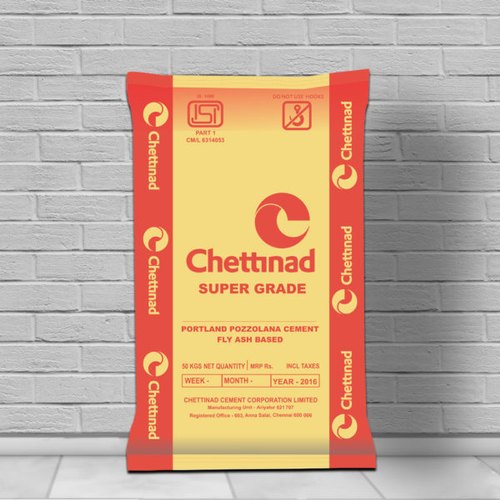
This Blended hydraulic cements are produced by intergrinding or blending Portland cement and supplementary cementitious materials such as fly ash. The use of blended cements in ready-mix concrete reduces mixing water and bleeding, improves workability and finishing, inhibits sulphate attack and the alkali-aggregate reaction, and reduces the heat of hydration. Depending on the constituents, blended cements can confer desirable qualities to concrete such as lighter colour, workability, or low heat of hydration. By putting waste to work, blended cements contribute to sustainable development.
PPC grade cement is generally used for mass concreting works such as
+ Dykes
+ Sewage pipes
+ Dams
+ It is also used as replacement for OPC.
Brands Available
Chettinad, JSW, Ultra-Tech, Chettinad (Anjani)
Get your Quote Now
PPC vs OPC
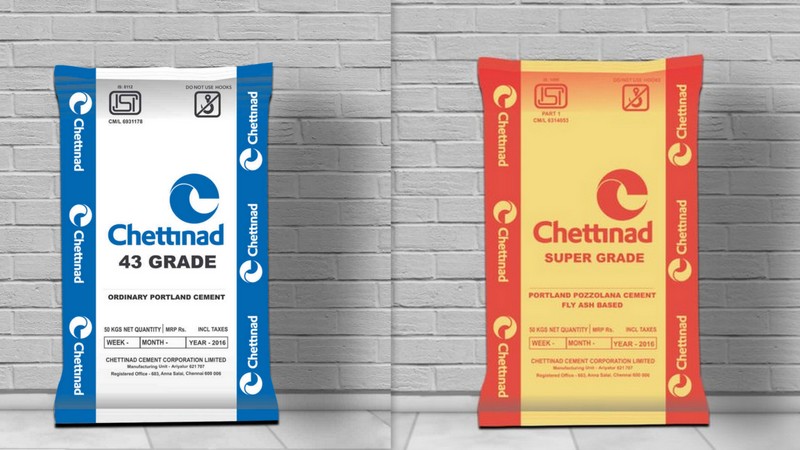
The technology of construction has developed to great heights in the last few decades, aiding the construction of massive sky-scrapers, hydraulic structures, etc. A significant credit to this steady improvement in the field is due to the development of a variety of cements crafted for specific needs. The two of the most popular are OPC cement (Ordinary Portland Cement) and PPC cement (Portland Pozzolana Cement). The former is the most widely used cement for varied purposes including the making of concrete, mortars and the construction of non-specialised buildings, houses, bridges, pavements and so on. In contrast, the latter is preferred for works like masonry, plastering, tiling and waterproofing.
The incorporation of pozzolana particles leads to the development of a cement that uses less OPC but has greater durability and strength. PPC grade cement has a longer settling time and a lower compressive strength, initially. However, it is known to reach the same results as OPC in the long run.
As it uses a lesser concentration of cement, it is cheaper and more environmentally friendly than OPC.
As per IS 1489 : 2015

Compressive Strength (MPa)
of PPC Grade
3 Days (72 ± 1 h) 16 MPa.
7 Days (168 ± 2 h) 22 MPa.
28 Days (672 ± 4 h) 33 MPa.
Steels & Other Allied Products
We deal with all Structural Steels & allied materials like Stainless Steel, Ni Alloys, Cast Alloys, Tool Steels.TMT Bars
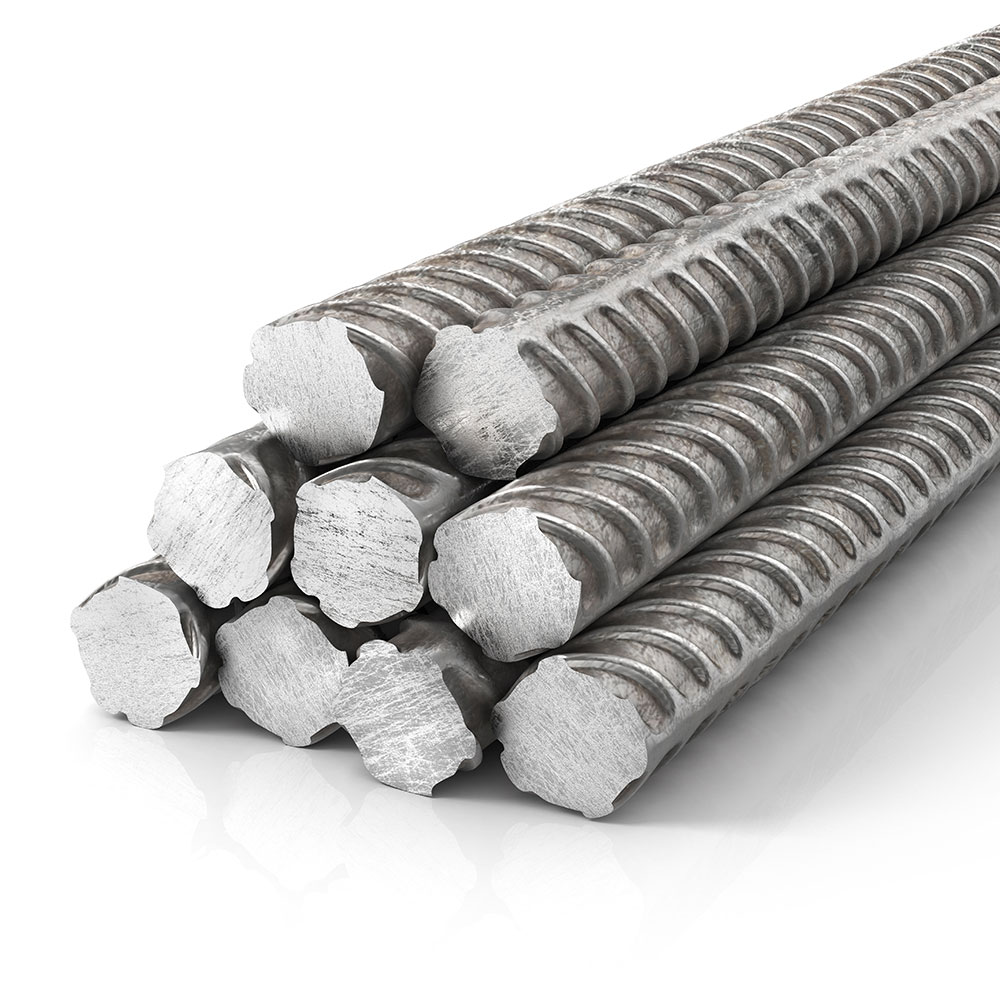
Tmt Rebars are high strength reinforcement bars ideal for Schools, Warehouses, Office Buildings, Bridges, Dams and Power Plants.
All sizes are available ranging from 8mm to 36 mm.
Applications
+ Residential Buildings.
+ Airport & Metro Rail.
+ Roads, Bridges & Fyovers.
+ Commercial Complexes.
+ Dams.
+ Industrial Structures.
+ Power Plants.
Brands Available
SAIL, JSW, Jindal, Suryadev, Kamatchi & Pulkit.
Get your Quote Now
Plates
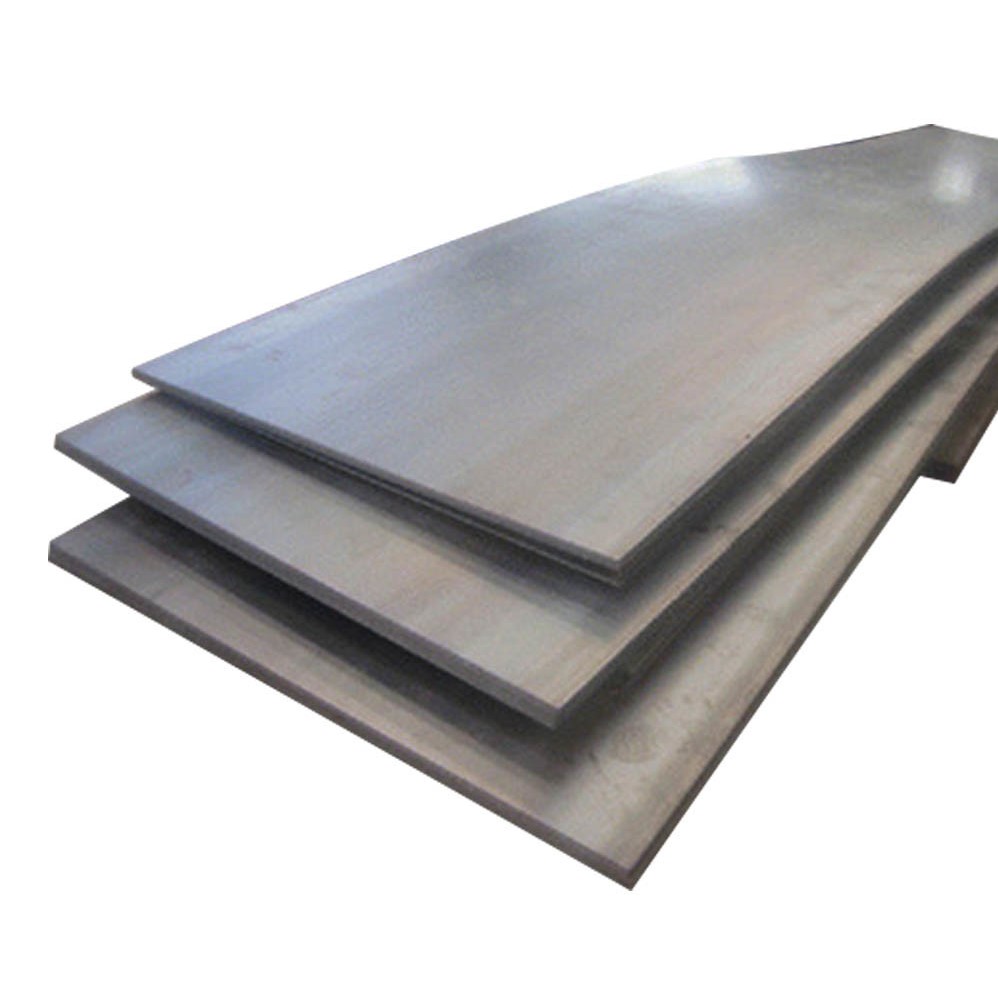
Plates are used in various versatile fabrication applications because of their intrinsic design.
All Grades & Sizes are available ranging from 8mm to 120mm.
Materials: MS & SS
Applications
+ General Structurals.
+ High Tensile Applications.
+ Ship Building.
+ Boilers & Pressure Vessels.
+ Pre-Engineered Structures.
+ Industrial flooring.
+ Flanging and forming applications.
Brands Available
SAIL, JSW & Jindal.
Get your Quote Now
MS Angles
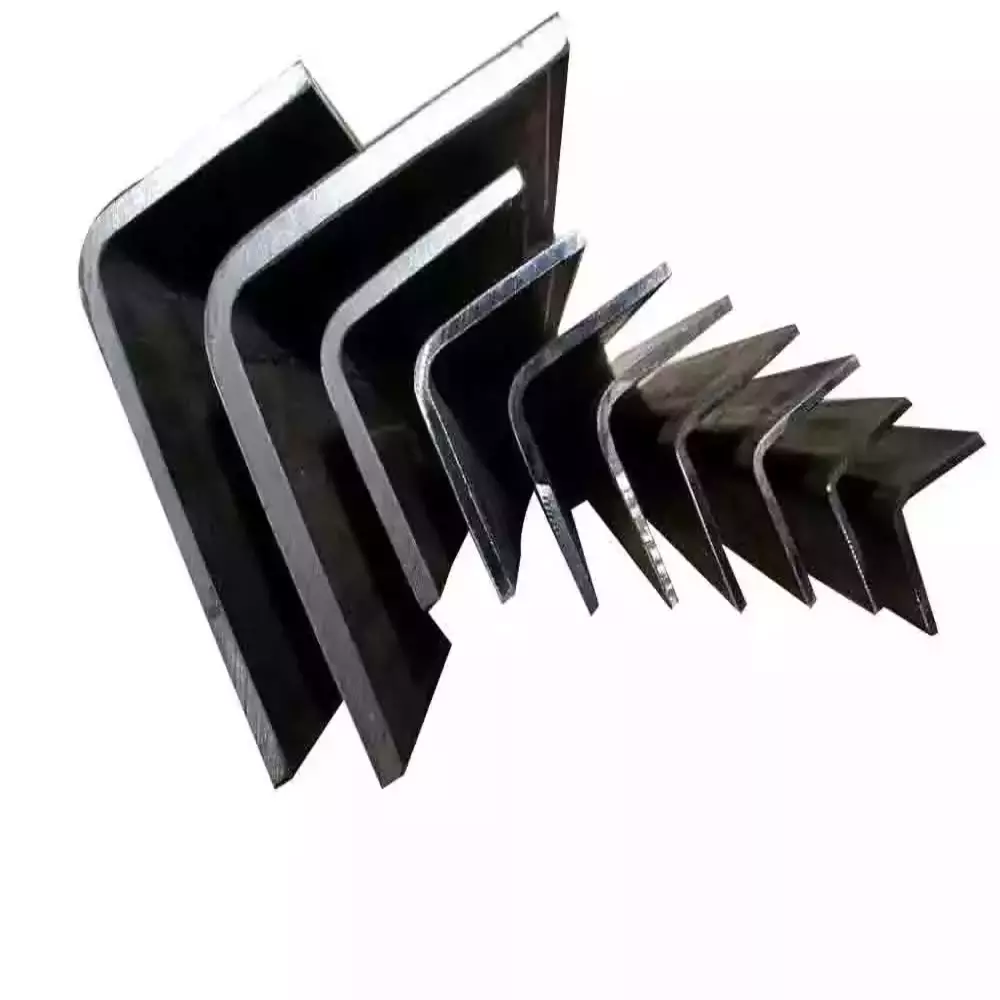
MS Angles are extensively used in fabrication industry. The dimension is determined by the length and the thickness of the two sides.
All Grades & Sizes are available ranging from 8mm to 120mm.
Material: MS
Applications
+ Truck Trailers.
+ EOT Cranes.
+ Gantry.
+ Escalators & Elevators.
+ Ship Building.
+ Factory Sheds.
Brands Available
SAIL, JSW & Jindal.
Get your Quote Now
Channels
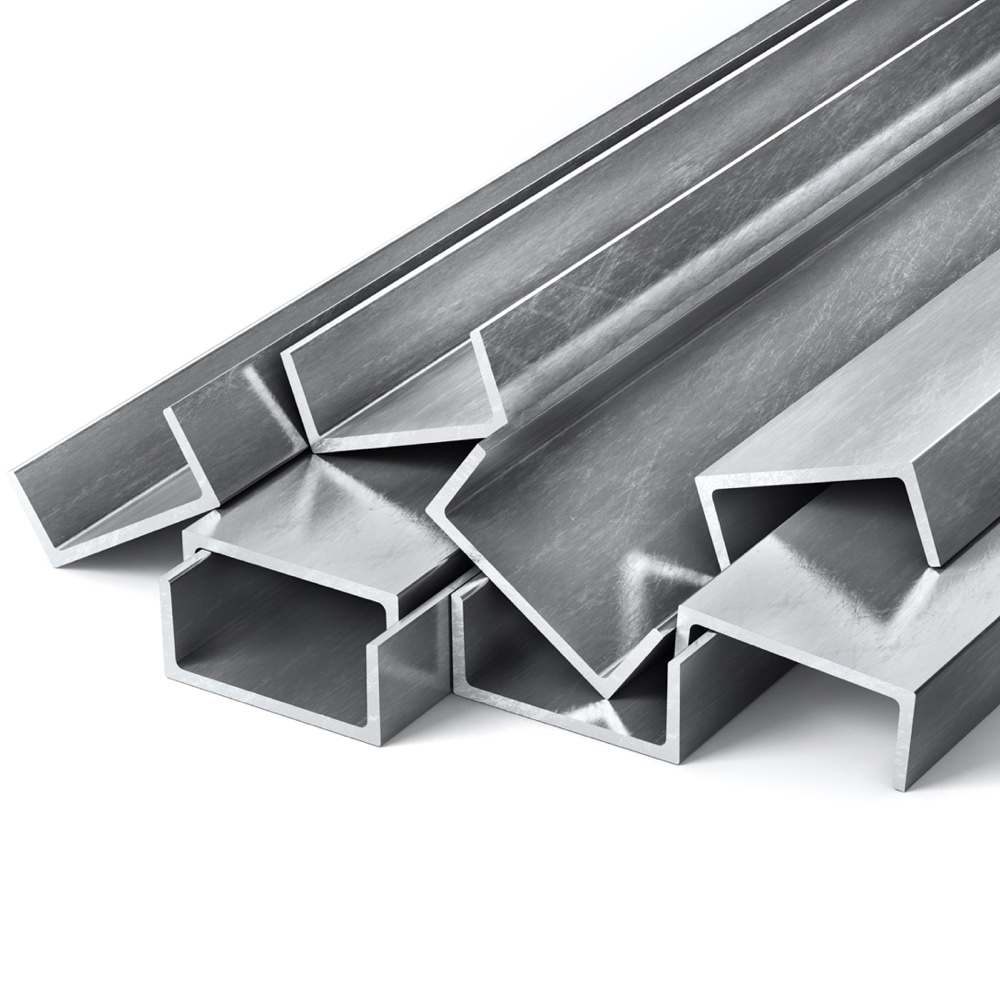
Channel is a right angle "C" section. They are also called C Channels. Along with beams, channels are mainly used in structural applications.
Material: MS
Applications
+ Purling of Sheds.
+ Scaffolding in Construction Industries.
+ Supporting frames for Structures.
+ Base frames of Heavy Machinery & Automotives.
Brands Available
SAIL, JSW & Jindal
Get your Quote Now
Beams
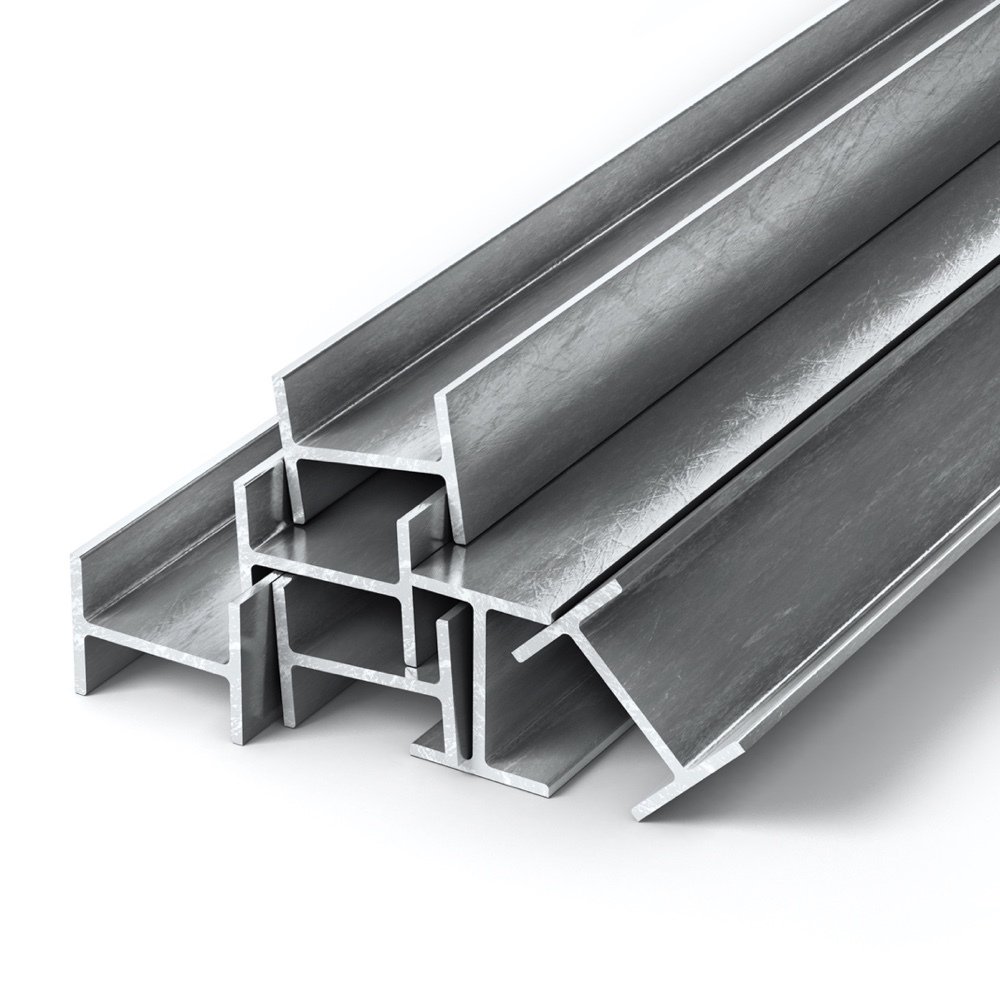
Beams are of two types, I Beam & H Beam based on the section used.
Material: MS
Applications
+ Truck Trailers.
+ EOT Cranes.
+ Ship Building.
+ Gantry.
+ Factory Sheds.
Brands Available
SAIL, JSW & Jindal.
Get your Quote Now
Carbon Steel Balls
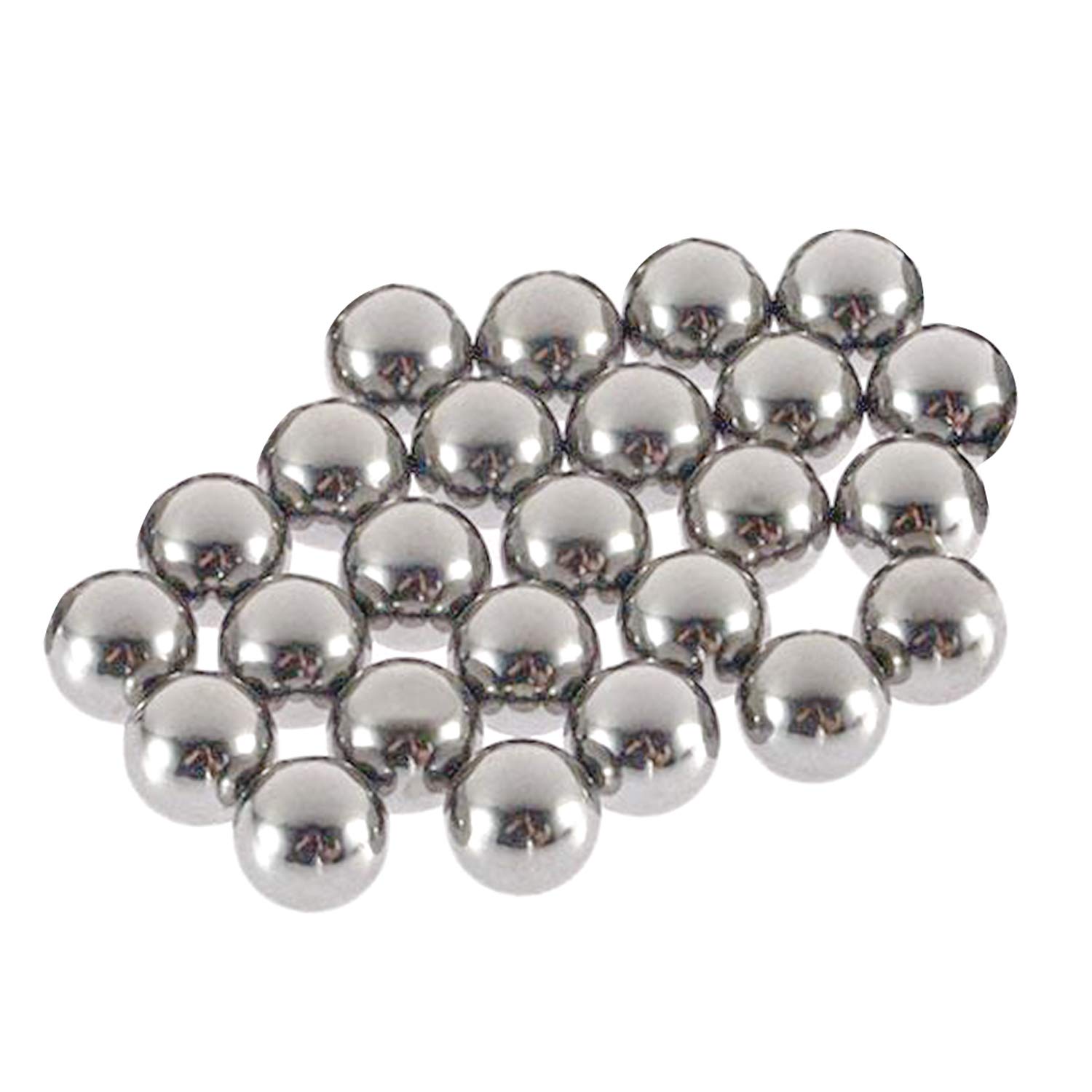
Steel balls are spherical components used as rolling mechanisms in rotary motion components such as bearings, tooling, wheels, but there are other use for steel balls such as grinding or burnishing media, toys and more. There are many sizes and gauges used in a variety of applications.
Applications
+ Automotive Applications.
+ Semi-Precision Bearings.
+ Drawer Slides.
+ Trolleys.
Brands Available
VXB & Other Indian Brands
Get your Quote Now
Wires & Rods
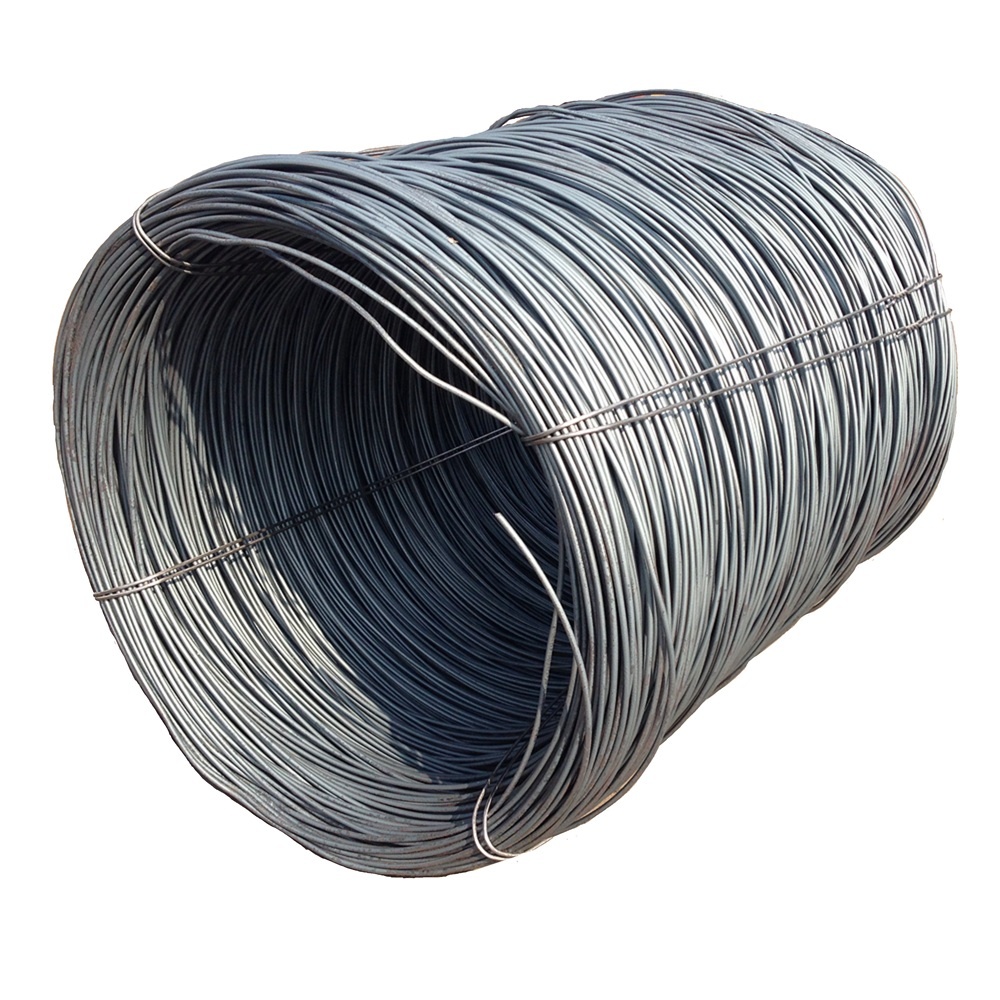
Wire rod is made by drawing hot metal through shafts. The shafts form and compress the metal from different sides, thus turning a piece of metal into a long, thin wire. At the end of the rolling mill, this wire is wound on a special winder, with the help of which the rod is rolled into skeins for further cooling.
All Grades & Sizes are available..
Materials: MS.
Applications
+ Automobile.
+ Spring Applications.
+ Welding.
+ Wire Ropes.
+ Jewellery.
+ Office & Household Equipments.
Brands Available
SAIL, JSW & Jindal.
Get your Quote Now
Pipes & Tubes
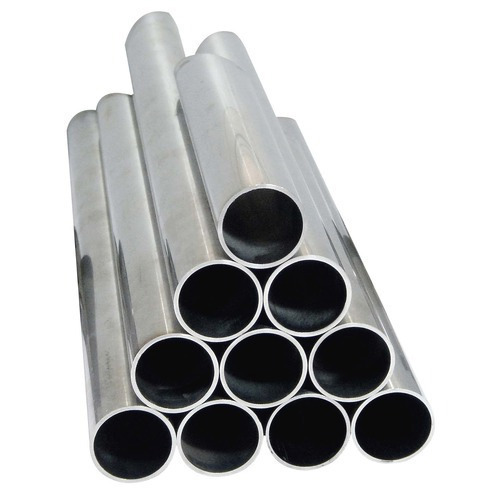
Pipe is a hollow section with round cross section for the conveyance of products. The products include fluids, gas, pellets, powders and more.
Tube refers to round, square, rectangular and oval hollow sections that are used for pressure equipment, for mechanical applications, and for instrumentation systems.
All Grades & Sizes are available.
Materials: MS.
Applications
+ Water Pipes.
+ Steel Casing Pipes.
+ Sewage Pipes.
+ Construction & Engineering.
+ Autombile Manufacturing.
+ Oil & Gas Pipes.
Brands Available
SAIL, JSW & Jindal.
Get your Quote Now
Bolts & Nuts
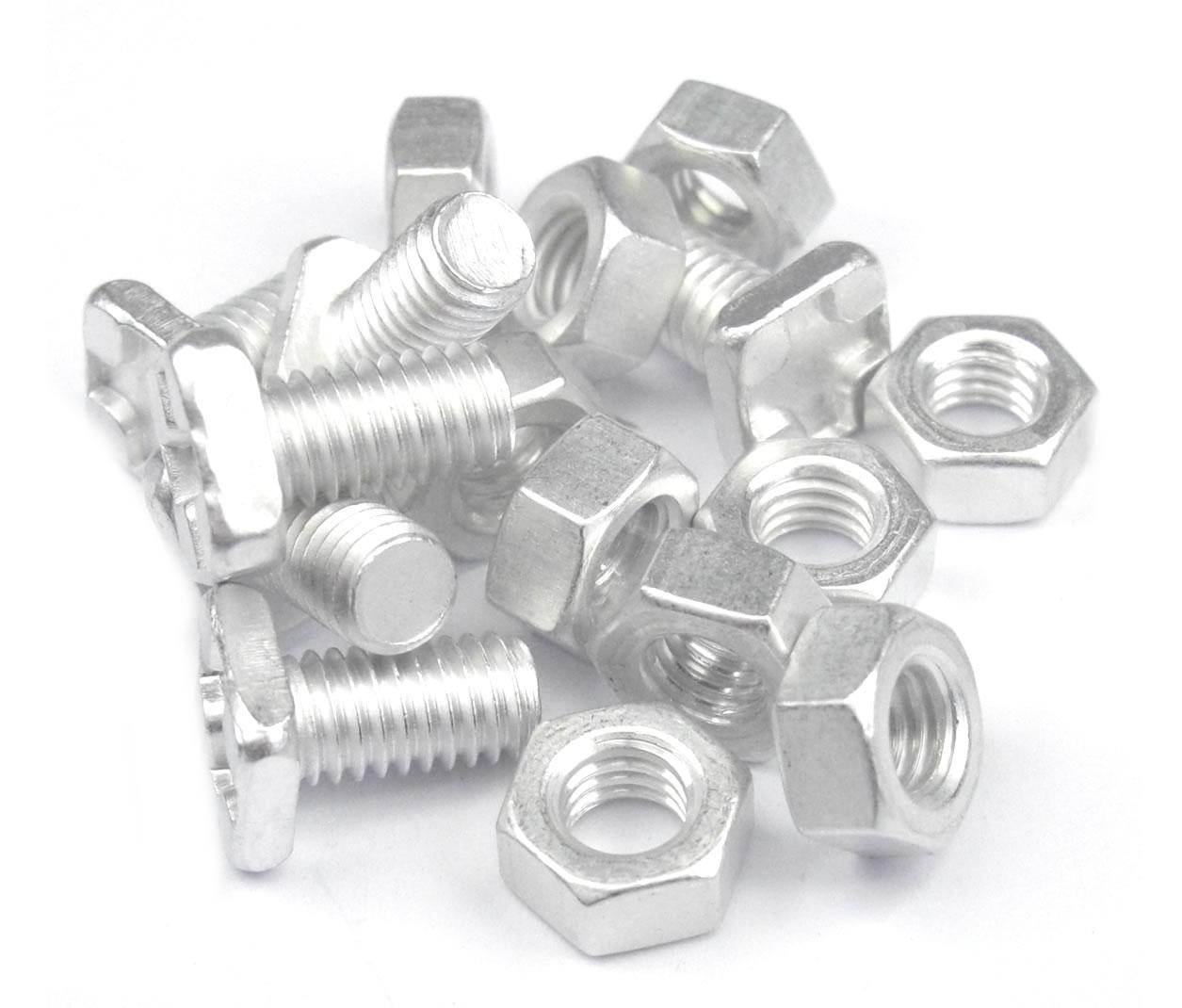
Bolt is a form of threaded fastener with an external male thread requiring a matching pre-formed female thread such as a nut. Bolts are very closely related to screws.
Nuts are almost always used in conjunction with a mating bolt to fasten multiple parts together.
Applications
+ Anchor Bolts: Securing Light Poles.
+ Carriage Bolts: Fasten Metal to Wood.
+ Eye Bolts: Lifting applications such as wire and rope in light rigging.
+ Flange Bolts: Frame applications such as truck and bed frames..
+ Hanger Bolts: In overhead applications and fastening metal to wood.
+ J bolts: Shaped like the letter J. Non curved section is threaded.
Brands Available
TVS Fastners.
Get your Quote Now
